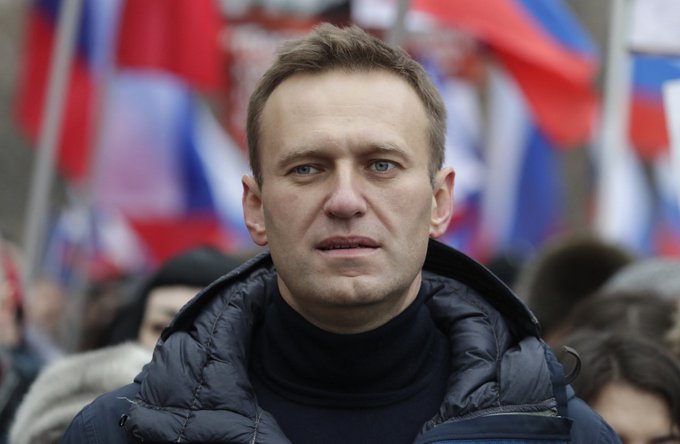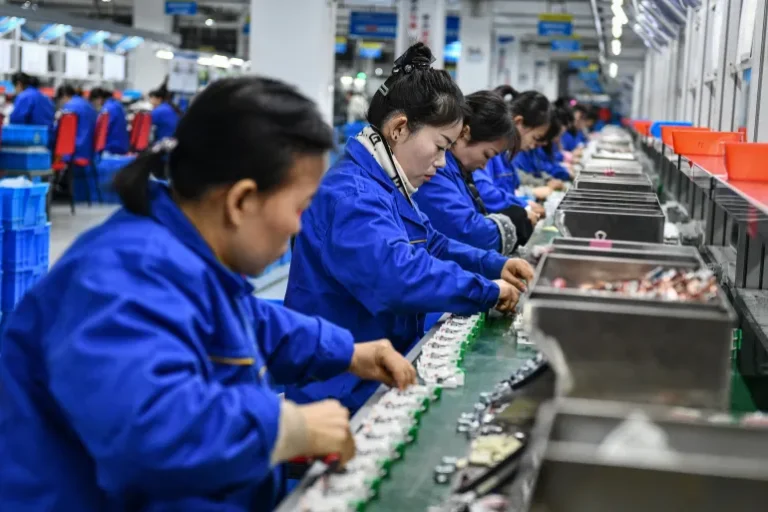UN Appeals for $4.1 Billion to Address Humanitarian Crisis in War-Torn Sudan
The United Nations has called for $4.1 billion to address the escalating humanitarian crisis in Sudan, where a ten-month war has ravaged the country, leaving millions in need of assistance. The conflict between the Sudanese Armed Forces (SAF) and the paramilitary Rapid Support Forces (RSF) has led to a collapse of infrastructure, widespread displacement, and a dire food shortage.

The UN’s humanitarian aid and refugee agencies launched a joint appeal for funding, highlighting the urgent need to support both civilians within Sudan and those who have fled to neighboring countries. The conflict has displaced over 1.5 million people to Central African Republic, Chad, Egypt, Ethiopia, and South Sudan, straining resources in these host nations.
The $4.1 billion appeal, led by the United Nations Office for the Coordination of Humanitarian Affairs (OCHA) and the UN Refugee Agency (UNHCR), aims to provide aid for 14.7 million people inside Sudan and nearly 2.7 million refugees in the surrounding countries. Last year’s appeal fell short, emphasizing the critical importance of a fully funded response this year.
The dire situation in Sudan includes rampant hunger, with nearly 18 million people facing acute food insecurity. Health facilities are severely impacted, and diseases like cholera, measles, and malaria are spreading unchecked. The conflict has resulted in one of the world’s largest displacement and protection crises, with nearly eight million people forced from their homes.
UN aid chief Martin Griffiths emphasized the need for urgent international attention, stating, “We must not forget Sudan.” The ongoing conflict between the SAF and RSF has claimed thousands of lives, with reports of war crimes, including indiscriminate shelling of residential areas and arbitrary detention of civilians.
The international community is urged to contribute to the $4.1 billion appeal to provide essential aid, including food, shelter, clean water, education, and healthcare for the millions affected by the conflict.








